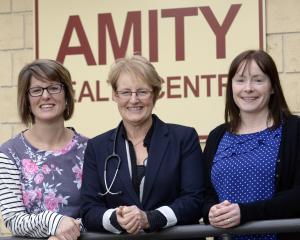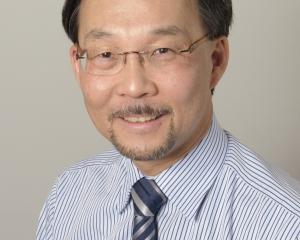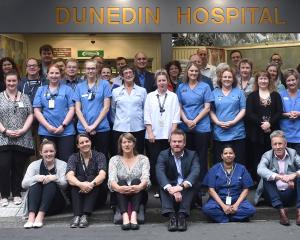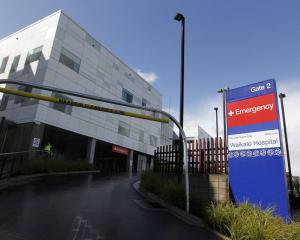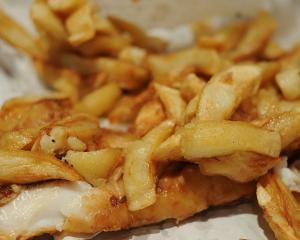Dunedin Hospital's only neurosurgeon, Suzanne Jackson, has resigned, but the Otago District Health Board is adamant the city will not lose its neurosurgery service.
The hospital is already one neurosurgeon short and Ms Jackson, who leaves in January, has been covering Otago and Southland alone since the start of the year.
Acting group manager Gary Reed said the board had appointed a United Kingdom-trained neurosurgeon earlier this year, but medical registration and immigration processes had delayed his expected arrival, which is now at the end of this month.
The board was actively recruiting to fill Ms Jackson's position, he said.
"Because the service is small and highly specialised, it is vulnerable when staff leave. We have only two neurosurgeons and any change can spark speculation about whether the service will continue.
"We have fought hard to retain this service over the years and we have no plans to stop providing a neurosurgery service at Dunedin Hospital for the people of Otago and Southland."
The service deals with about 350 patients a year, including from waiting lists and those needing urgent attention because of trauma or illness.
This year, about three patients have been transferred to Christchurch Hospital for treatment because no specialist was on site in Dunedin.
Canterbury neurosurgeons have been providing back-up for Otago about every second weekend and specialists from other units have provided cover for annual leave.
Association of Salaried Medical Specialists executive director Ian Powell said having only one neurosurgeon at the hospital was an unsustainable situation.
"Unless you can provide some substantial relief, especially for after-hours calls, it is just insufferable. Even with two, it is very difficult. For a neurosurgeon on a one-on-one or even a one-on-two on-call, it is like permanently having their hand nailed to the hospital."
On-call work in specialties such as neurosurgery could be demanding, not just because of how often they might be called back but it was also more likely they would need to respond quickly, Mr Powell said.
For any specialist arriving in New Zealand from countries such as the United Kingdom, it could be a "a bit of a culture shock", as they were faced with higher on-call demands than they were used to.
Mr Reed said the new neurosurgeon, Mr Irfan Malik, had originally been expected to start at Dunedin Hospital in September, but it was standard for a specialist to take up to one year to get to New Zealand and the board had probably been over-optimistic.
To gain vocational registration, all overseas doctors coming to work in New Zealand must apply to the Medical Council of New Zealand.
Overseas doctors are given provisional registration for up to two years and they must work under supervision for at least 12 months.
Supervision is usually provided by a registered doctor working in the same field and normally at the same hospital.
The supervisor monitors the doctor's performance and provides full reports to the council to help ensure the doctor is competent to be registered.
Medical council registration and professional standards manager Daniel Eakins said a doctor could be distantly supervised by a registered vocational doctor in another hospital in exceptional circumstances, but a lot of different factors, such as the doctor's skills and qualifications, had to be taken into account.
"[Registration] is one of the key steps for doctors that are new to the New Zealand health system to ensure they are safe and fit to practise.
"We would have to look very carefully at what is the public health and safety risk created by not having that doctor supervised on site with someone."
Mr Reed said the board was investigating supervision options for Mr Malik.
The board needs two neurosurgeons to allow it to remain a level-six intensive care unit for training staff in advanced levels of intensive care, anaesthesia and for some surgical specialties.
The national strategy for trauma management also required Dunedin to have a level-six unit.
Other neurosurgery services are located in Christchurch, Auckland, Hamilton and Wellington.

